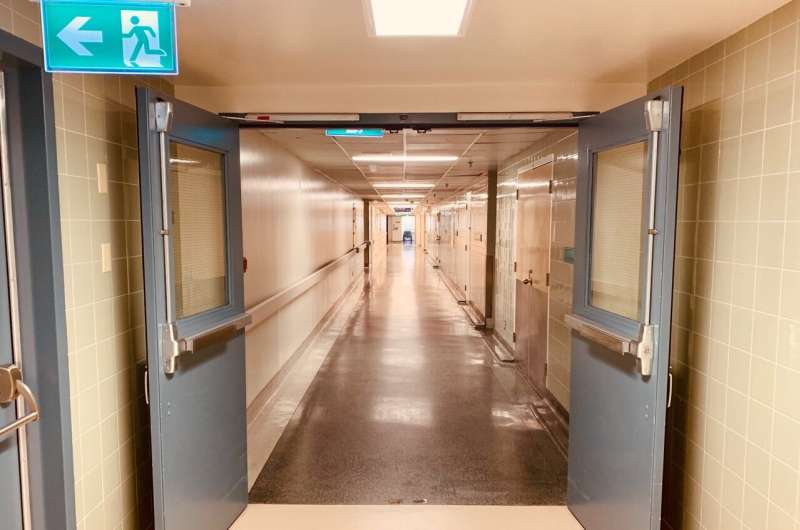Congress Moves to Simplify Access to Non-VA Healthcare for Veterans

Congress is working to ease restrictions on veterans' access to non-VA healthcare facilities, aiming to improve service accessibility and reduce wait times for veterans, especially in rural areas.
In a move aimed at improving healthcare accessibility for veterans, Congress is exploring ways to relax restrictions that currently limit veterans' use of non-VA clinics and hospitals. Many veterans face challenges in obtaining timely care due to lengthy approval processes and the limited availability of certain services within the VA system. Currently, veterans who live far from VA facilities or require specialized treatments must navigate bureaucratic hurdles to seek private care, which can take considerable time.
Republican senators have introduced legislation to expand community care programs, especially targeting rural veterans who often have to travel hundreds of miles for care at VA hospitals. These proposals would enable veterans living near critical access hospitals to use their benefits seamlessly at local clinics without lengthy referrals. The goal is to reduce travel burdens and wait times, making healthcare more accessible and convenient.
Critics from various sides express concerns about potential underfunding of VA hospitals and clinics if too much money shifts to private providers. Advocates, however, emphasize that veterans should have the option to choose local providers when VA facilities are not easily accessible or lack certain services like chiropractic care.
Veterans' advocacy groups warn against undermining the VA's core hospital system, stressing the importance of maintaining high-quality center-based care. Veterans Affairs Secretary Doug Collins has committed to enhancing community care while ensuring the strength of VA hospitals remains intact. Veterans like John-Paul Sager, a Marine Corps and Army veteran, support these efforts, noting that the existing system could be streamlined further. Sager uses both VA and private providers for back treatment, but the approval process remains burdensome, requiring multiple phone calls.
Overall, the legislation aims to balance the need for expanded healthcare options with the preservation of VA’s specialized services, helping veterans receive prompt, local care without sacrificing the quality they deserve. These developments reflect ongoing efforts to modernize veteran healthcare, making it more responsive to their needs.
Source: https://medicalxpress.com/news/2025-08-congress-ease-restrictions-veterans-va.html
Stay Updated with Mia's Feed
Get the latest health & wellness insights delivered straight to your inbox.
Related Articles
Expert Analysis on Noise-Canceling Headphones: Benefits and Potential Risks to Ear Health
An expert explores how noise-canceling headphones work, their benefits, and the myth surrounding their impact on ear health and auditory processing disorders. Learn the facts about safe listening and hearing protection.
Understanding Mantle Cell Lymphoma: A Rare and Aggressive Blood Cancer
Mantle cell lymphoma is a rare and aggressive blood cancer affecting primarily older men. Learn about its origins, symptoms, diagnosis, and treatment options.
Federal Changes to Medicaid Work Requirements Limit State Flexibility
New federal Medicaid work requirements introduced in 2025 are restricting states' ability to customize their programs, emphasizing a more uniform national approach while influencing Medicaid coverage across the country.
NIH Sets Limit on Publishing Fees for Publicly Funded Research by 2026
NIH to implement a cap on publishing fees for research funded by the government starting in 2026, aiming to reduce costs and improve access to scientific findings.



